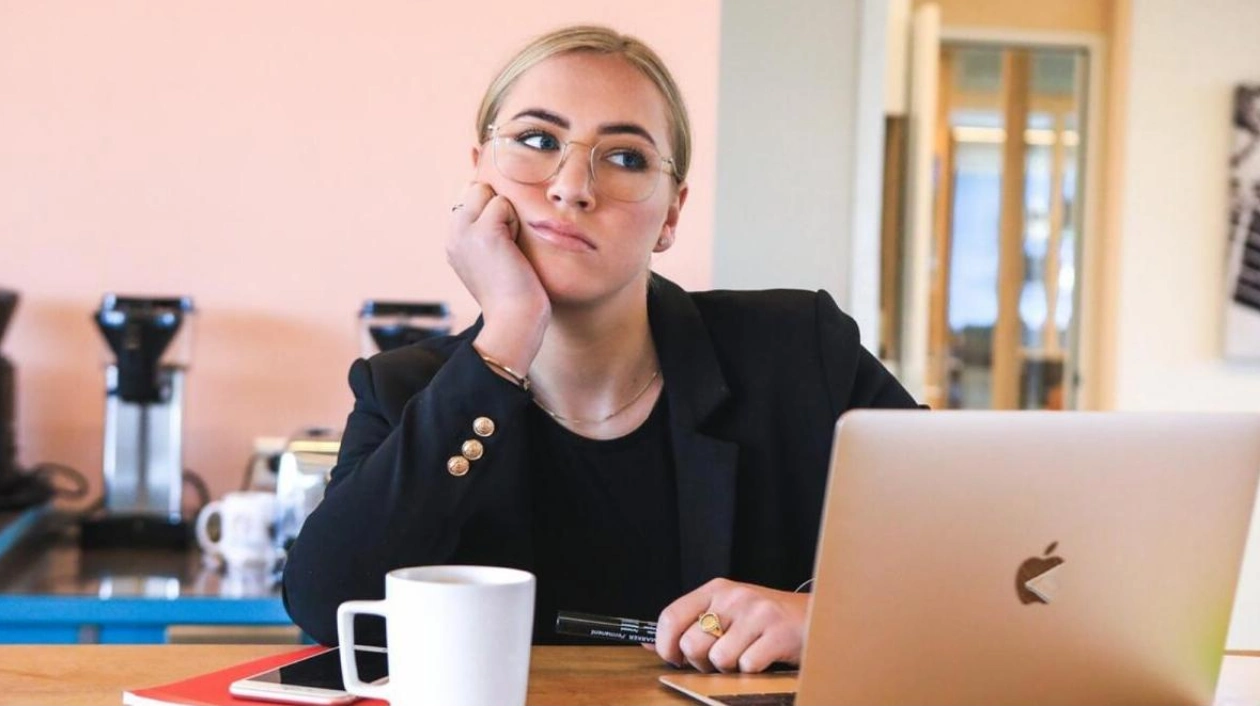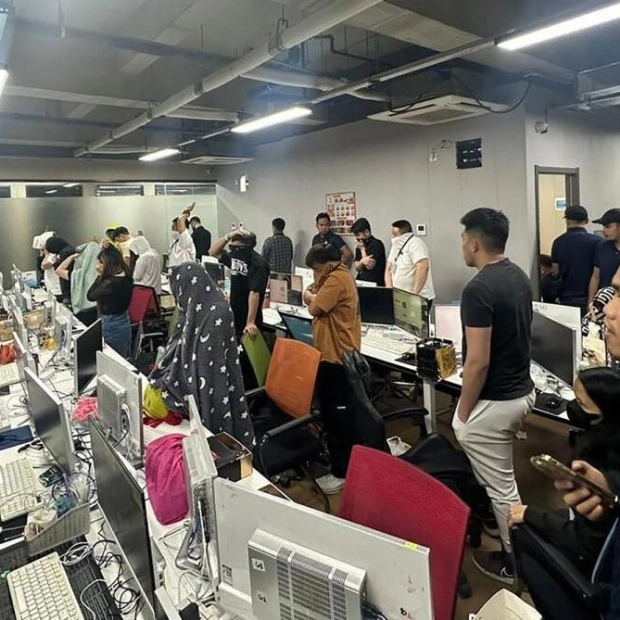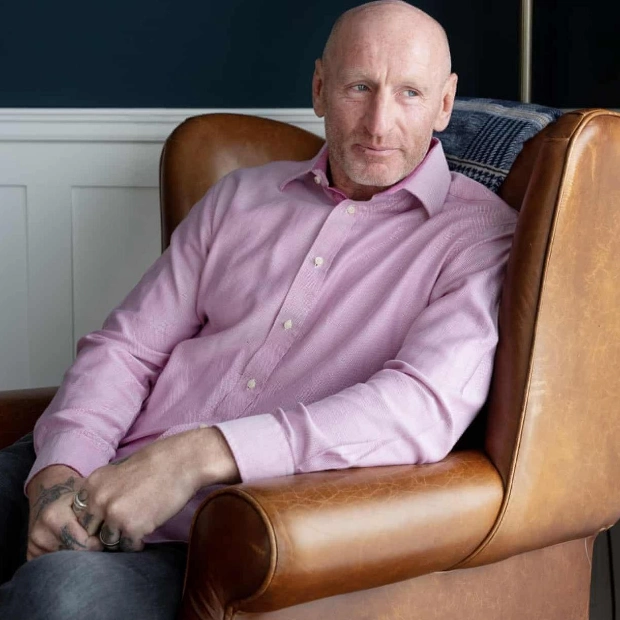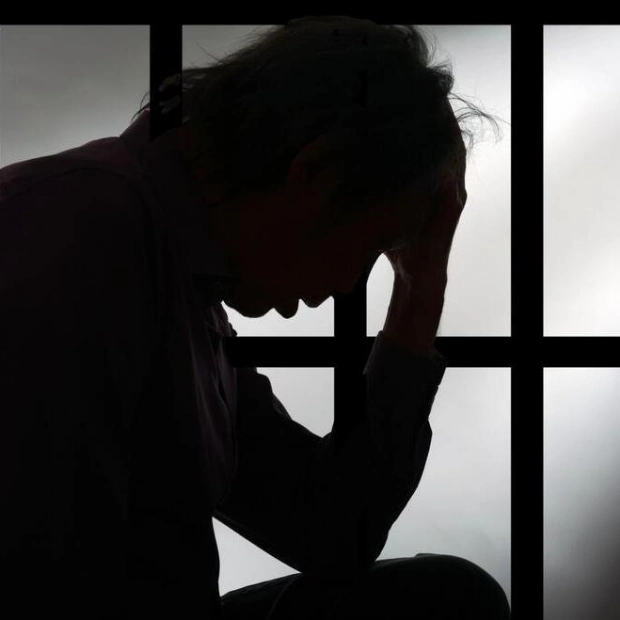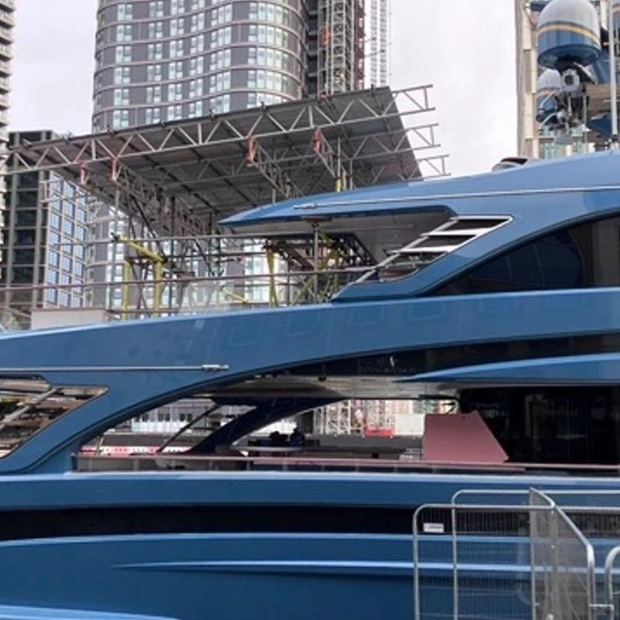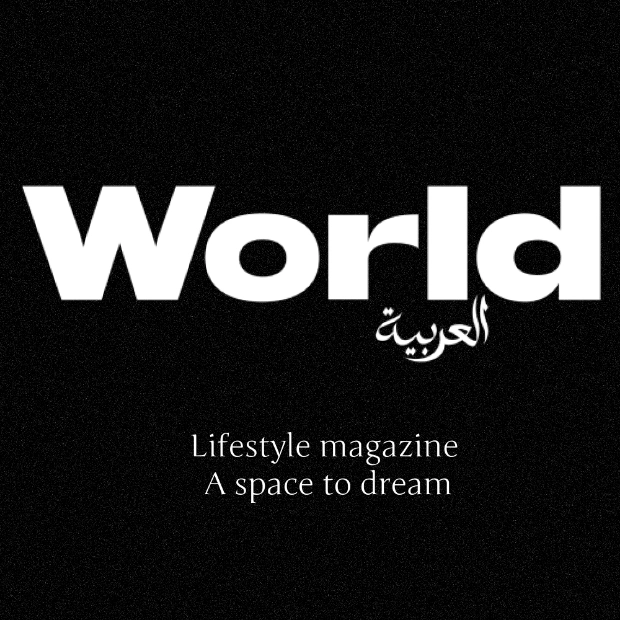Nidal Morra discovered a potential Attention-deficit/hyperactivity disorder (ADHD) diagnosis during an unexpected moment: while skydiving, as he plummeted into the void. This was his 33rd jump, and up until then, the licensed skydiver had always found the activity 'hyper exciting.' However, this time, while free-falling, he experienced boredom. 'I was checking the time, the altitude, and how long it would be before I could open my chute,' he recounts to Khaleej Times via Google Meet. This wasn't ordinary boredom; it felt like physical pain. 'To someone with ADHD, the lack of stimulation can feel like a full-body migraine,' he describes. 'It's akin to being on fire.'
After consulting with a psychiatrist who diagnosed him with a severe form of ADHD, Nidal, a writer and producer, realized he had misinterpreted his symptoms as laziness and impulsiveness throughout his life. This misdiagnosis had nearly derailed his career due to difficulties meeting deadlines. 'Before the diagnosis, emotional dysregulation felt like 'moodiness' and 'overreactions.' But a diagnosis provides a framework to view yourself differently and work on it, which is why it's so crucial,' he explains.
Baris Cangokce, the creative director and executive producer of BOLD, managed large film sets efficiently but struggled personally. 'I was losing my wallet and car keys and forgetting my passwords weekly,' he remembers. With the support of his wife and mental health experts, he recognized his ADHD and is now managing it better through mind-calming techniques and focusing energy on specific tasks.
Neurodivergent individuals often hide their diagnoses at work due to fears of job loss, smaller projects, or increased insurance costs. Nidal, describing it as 'silent suffering,' started a support group for adults with ADHD, which is currently on hiatus. The group shared experiences, such as one woman leaving her corporate job for a more suitable role, and a teacher receiving accommodations from her superiors.
Farah Abdulrahman's research on autistic adults in the UAE revealed that most felt unable to disclose their diagnosis at work, fearing rejection or slurs. Such discrimination can lead to infantilization, reduced responsibilities, and excessive expectations, pushing individuals into people-pleasing behaviors that result in burnout and personal life sacrifices.
Movies and TV often portray neurodivergent individuals as geniuses, influencing companies to have unrealistic expectations. Olga dos Santos Martins Coelho, founder of Neuroinclusionlab, advises companies to focus on accommodating neurodivergent candidates' needs rather than their differences. Uzma Akser, a neurodiversity consultant, highlights the need for better employer awareness and adaptable hiring processes.
Salem Mohammed, diagnosed with autism in Grade 4, learned various skills at the Special Needs Future Development Centre and has had successful internships, but faces challenges in securing full-time jobs. Prerana Sinha, the centre's program coordinator, notes a gradual increase in awareness and opportunities for people of determination.
Viswanath K, Managing Director at Brunel, praises Salem's reliability and skills, highlighting the company's efforts to integrate neurodivergent interns into full-time roles. Brunel's Spectrum Internship Programme aims to create an inclusive work environment. Olga and Akser commend the UAE's progress in supporting people of determination, though challenges remain.
